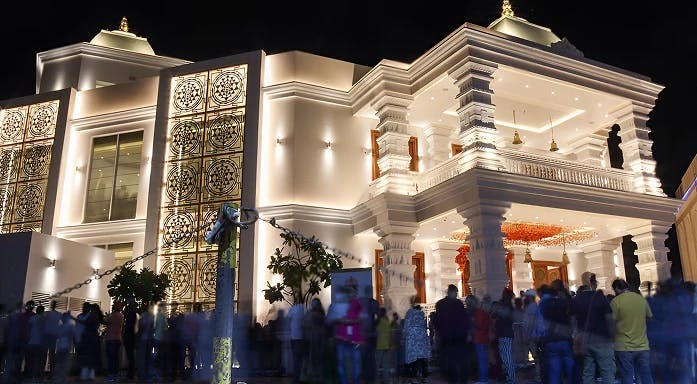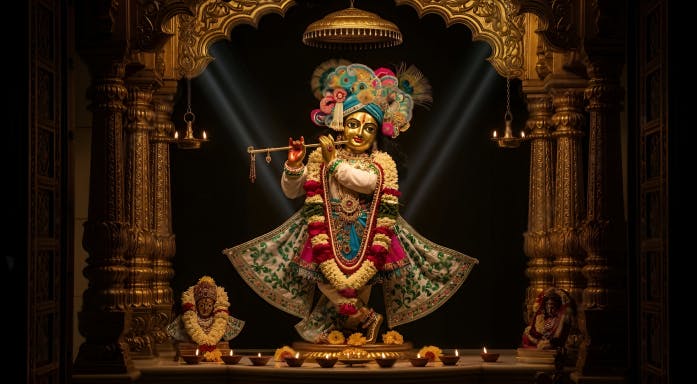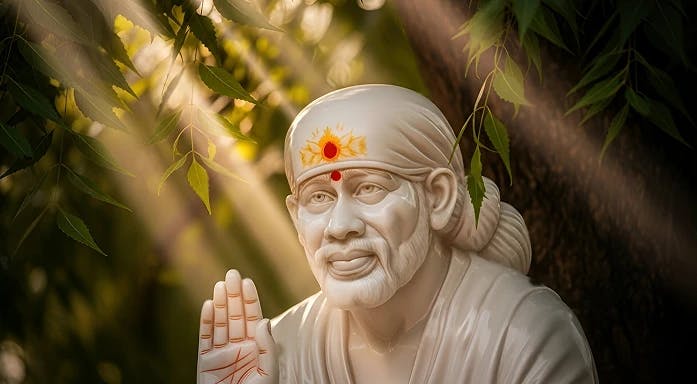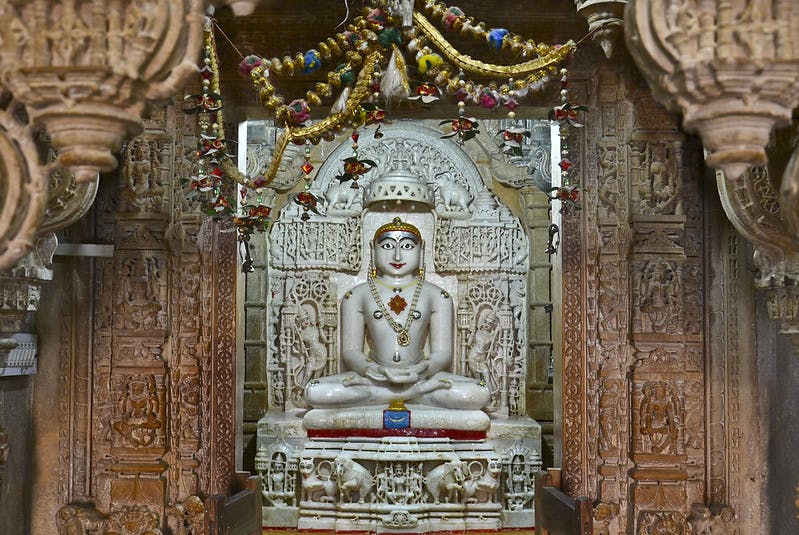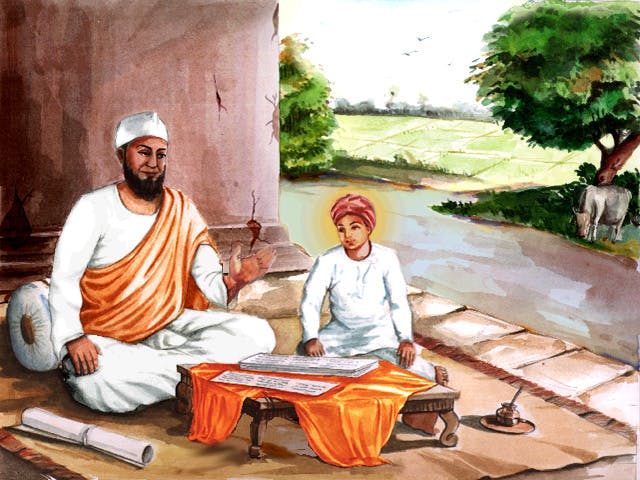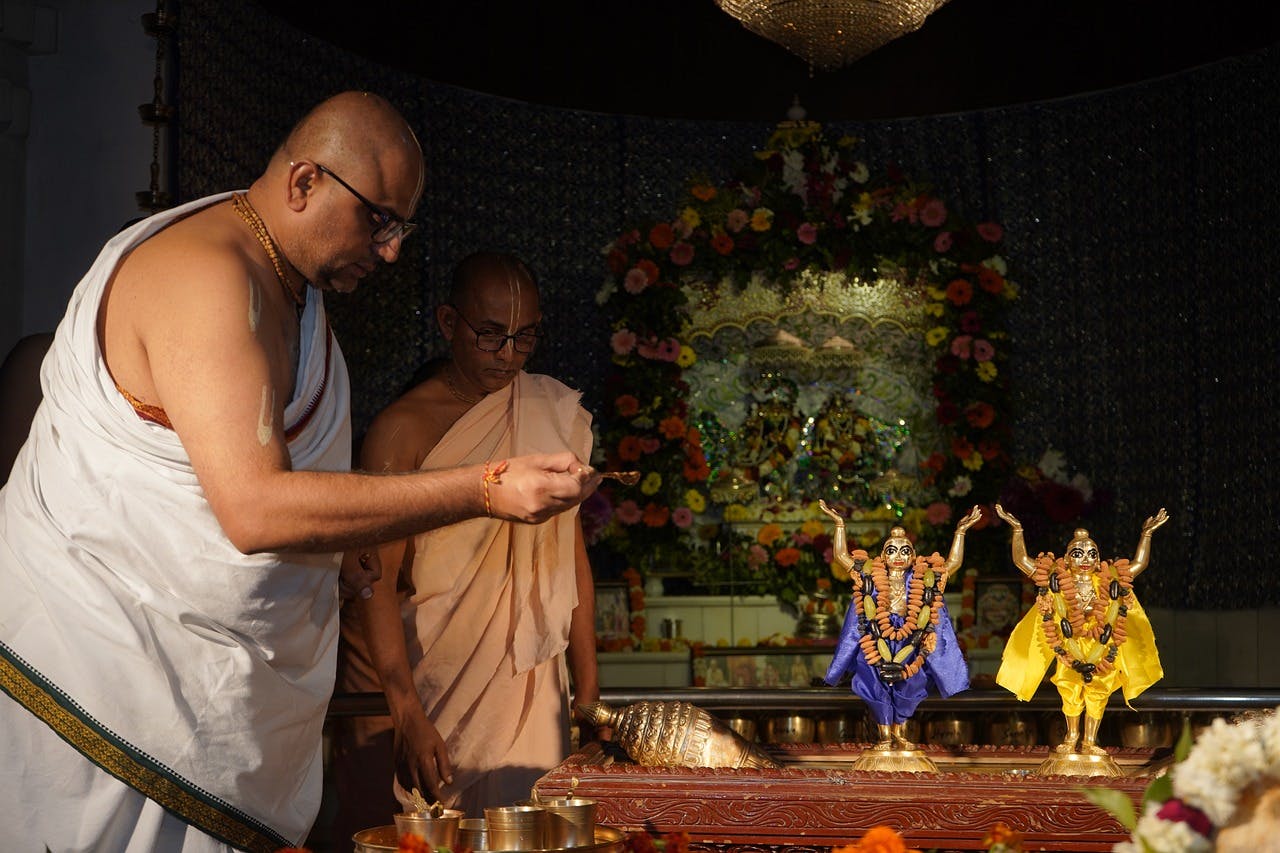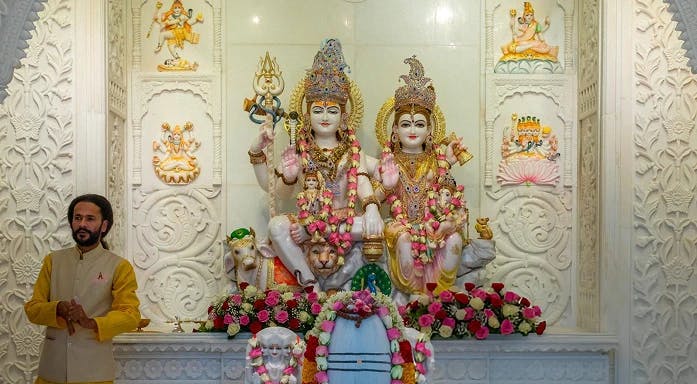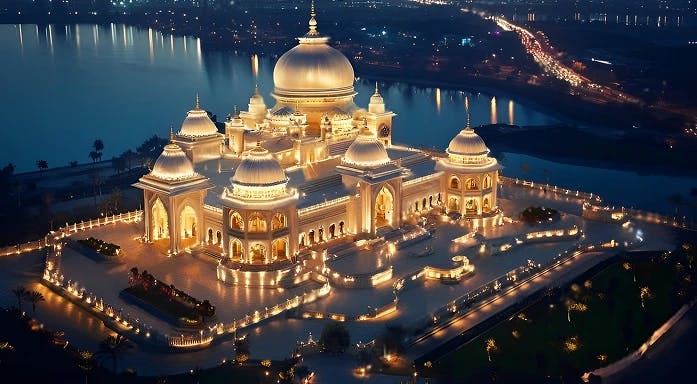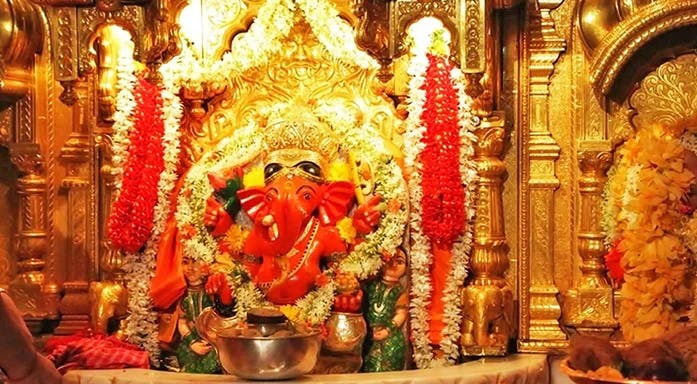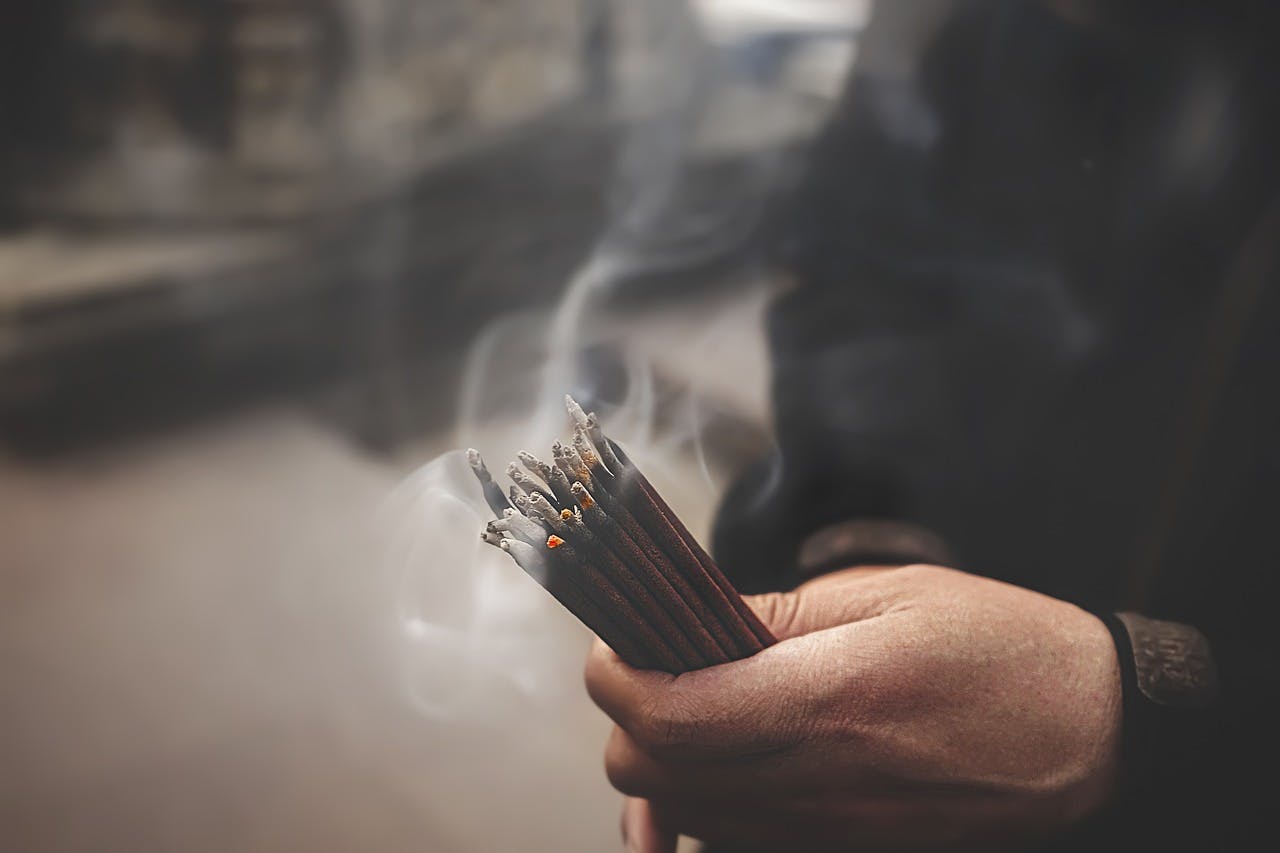Hindu Temple in Dubai: History, Timings, Festivals & Visitor Guide
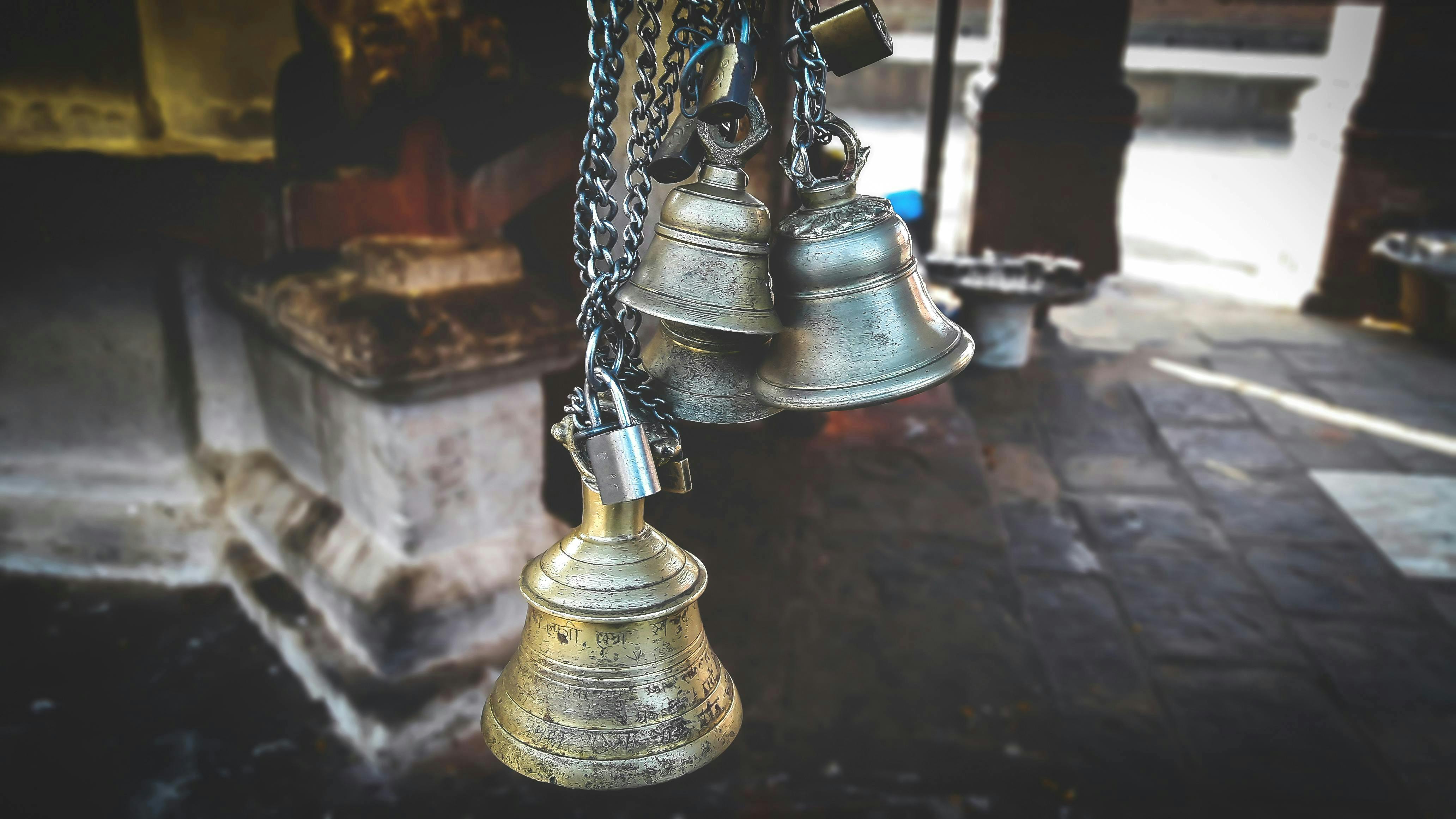
Dubai is known for its futuristic skyline and beautiful global attractions, but it also embraces deep cultural diversity. Among its spiritual landmarks, the Hindu temple in Dubai stands as a vibrant symbol of faith and heritage for millions of Indians living in the UAE. From the historic Bur Dubai temples to the grand Hindu Temple UAE in Jebel Ali, these sacred spaces preserve traditions, festivals, and devotion. Each Hindu mandir Dubai welcomes tourists and residents to explore rituals, chants, and colorful celebrations. While Dubai’s modern architecture shines like a beautiful Thailand landscape, its spiritual side highlights harmony and coexistence, making the Hindu temples Dubai an essential cultural experience in the Middle East.
For the nearly 3.5 million Indians living in the UAE, Hindu temples play a central role in cultural life. They are not only places of prayer but also hubs of community bonding, festivals, charity, and cultural education. Whether it is the traditional Bur Dubai Hindu Temple, nestled in the historic Al Fahidi district, or the grand Jebel Ali Hindu Temple opened in 2022, these mandirs reflect Dubai’s spirit of tolerance, inclusivity, and coexistence.
A visit to a Hindu temple in Dubai is a journey into the vibrant traditions of India – from the fragrance of incense and the sound of devotional chants, to colorful festivals like Diwali, Janmashtami, Navratri, and Holi. For tourists, it is an opportunity to experience a slice of Indian spirituality in the heart of the Middle East. For residents, it is a reminder of home, offering a spiritual refuge in a foreign land.
A Brief History of Hindu Temples in Dubai
The roots of Hindu worship in Dubai go back to the early 1950s, when Indian merchants and expatriates began settling around the Dubai Creek area. With no dedicated temple at the time, small community gatherings were organized in private homes and shared spaces for prayer and festivals.
By the mid-20th century, the Dubai government granted land in Bur Dubai for the construction of a temple. This led to the establishment of the Bur Dubai Hindu Temple, one of the oldest religious landmarks for Hindus in the region. Located near the textile souk, the temple houses shrines dedicated to Lord Shiva, Lord Krishna, Goddess Durga, and Sai Baba. Despite its modest size, it quickly became the heart of Hindu religious life in Dubai. For decades, it has hosted grand celebrations for festivals such as Maha Shivratri and Janmashtami, drawing thousands of devotees.
As the Hindu community grew, so did the need for a larger, modern space. This dream came true in October 2022, when the Hindu Temple in Jebel Ali was inaugurated. Spread across 70,000 sq. ft., the temple is not only a place of worship but also a cultural and community hub. It features shrines for multiple deities, prayer halls, community spaces, and facilities for weddings and cultural programs. Located in Jebel Ali’s “Worship Village,” where churches, a Sikh gurdwara, and other religious centers coexist, the temple is a powerful symbol of interfaith harmony.
Today, Dubai is home to several Hindu temples and shrines, including the ISKCON Dubai Temple, which is part of the global Hare Krishna movement. Together, these temples embody the city’s multicultural identity, offering spiritual solace to residents and cultural insights to visitors.
Top 10 Hindu Temples in Dubai You Must Visit
Symbol of Multiculturalism
Dubai is known for its ability to embrace different cultures without compromising its identity. The Hindu Temple stands as a testament to this vision. Despite being a Muslim-majority country, the UAE has allowed religious minorities the freedom to practice their faith. The temple’s existence and flourishing activities symbolize the UAE’s tolerance and respect for cultural diversity.
For non-Hindu visitors, the temple is also an educational experience. It offers a glimpse into Hindu customs, rituals, and philosophy. Tourists often visit the temple as part of cultural tours to better understand the lives of the Indian diaspora in Dubai.
Dress Code for Visiting Hindu Temples in Dubai
1. Modest and Respectful Attire
- Men: Wear long pants or traditional attire like kurtas.
- Women: Opt for long skirts, salwar kameez, or dresses that cover the shoulders and knees.
- General: Avoid sleeveless tops, shorts, skirts above the knee, and tight-fitting or transparent clothing.
2. Covered Shoulders and Knees
- Both men and women are required to cover their shoulders and knees as a sign of respect.
3. Footwear Policy
- Remove shoes and sandals before entering the temple premises.
- Some temples provide racks or designated areas for footwear.
4. Head Covering (Optional)
- Women may choose to cover their heads with a scarf or dupatta, especially when entering prayer halls. While not always mandatory, it is considered a gesture of respect.
5. Avoid Disruptive Clothing
- Garments and accessories that are excessively shiny or produce distracting noises should be avoided.
- Headwear and garments adorned with provocative designs, explicit political statements, or images are prohibited.
6. Simple and Clean Attire
- Opt for plain, neat clothing rather than flashy, party, or heavily branded outfits. Cleanliness and simplicity are highly appreciated in sacred spaces.
7. Respect Local Customs and Rules
- Always follow the temple-specific rules, which are often displayed at entrances or communicated by temple staff.
- Some temples may have additional requirements for photography or mobile phone usage.
8. Accessories and Jewelry
- Keep accessories minimal. Large or noisy jewelry can be distracting during prayer or meditation sessions.
9. Children’s Clothing
- Children should also wear modest outfits. Shorts may be acceptable for young kids in some places, but it’s best to cover knees and shoulders for older children.
10. Seasonal Considerations
- Dubai can be extremely hot, so choose breathable fabrics like cotton or linen. Even when dressing modestly, light-colored and airy clothing will keep you comfortable during your visit.
The Hindu temples in Dubai beautifully reflect the city’s spirit of unity, culture, and respect for all faiths. Whether you visit the traditional Bur Dubai temples or the magnificent new mandirs in Jebel Ali and Abu Dhabi, each offers peace, devotion, and a deep sense of belonging. These temples are more than spiritual landmarks, they are cultural bridges for millions of Indians living in the UAE. From daily aartis to grand festivals, every moment brings visitors closer to tradition. If you’re exploring Dubai’s cultural side, a visit to a Hindu temple in Dubai is an experience you shouldn’t miss.

